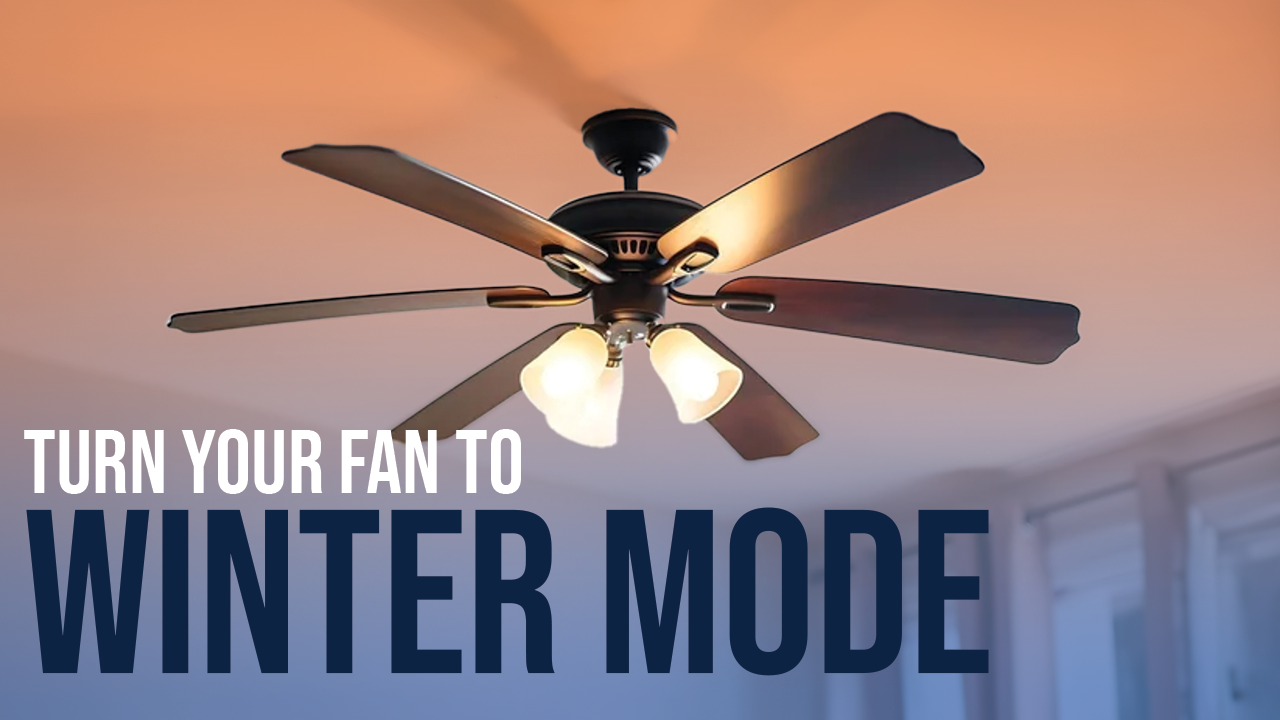Updated January 18, 2024

Few things are as crucial to home safety as ensuring the electrical system is in good working order. Residential electrical inspections might not be something you think about often, but they play a vital role in safeguarding your family, property, and peace of mind. In this article, we’ll explore why electrical safety testing is so important, the significance of regularly checking electrical connections at home, understanding electrical safety devices, and the purpose of electrical inspections.
Why Electrical Safety Testing is Vital
The first question that might come to mind is, “Why is electrical safety testing so important?” Simply put, it’s a matter of life and property protection. Faulty electrical systems are a leading cause of home fires and accidents. According to the National Fire Protection Association (NFPA), electrical issues account for approximately 51,000 home fires annually in the United States alone.
Electrical safety testing helps identify potential hazards and ensures your electrical system is up to code. It’s about preventing fires, electrical shocks, and other accidents resulting from faulty wiring or equipment. Neglecting these tests can put your loved ones and your home at risk.
Regular Checks of Electrical Connections
Electrical connections in your home can deteriorate over time due to wear and tear. It’s crucial to inspect and maintain these connections regularly to prevent problems. Loose or corroded connections can lead to power outages, overheating, and even electrical fires.
Homeowners should make it a habit to visually inspect outlets, switches, and circuit breakers for any signs of damage or irregularities. If you notice flickering lights, sparking outlets, or frequently tripped circuit breakers, these are warning signs that an electrical inspection is needed.
Knowing Electrical Safety Devices at Home
Your home has various electrical safety devices, including circuit breakers, ground fault circuit interrupters (GFCIs), and smoke detectors. These devices are designed to protect you and your home from electrical hazards.
Understanding how these devices work and regularly testing them is crucial. For instance, GFCIs can prevent deadly electrical shocks, and smoke detectors can save lives in the event of a fire. Knowing how to test and maintain these devices ensures they function correctly when needed most.
The Purpose of Electrical Inspections
So, what is the purpose of an electrical inspection? Electrical inspections serve several essential purposes:
- Identifying Issues: Professional inspections can uncover hidden electrical problems that might not be apparent to homeowners.
- Preventing Accidents: Inspectors help prevent electrical accidents and fires by identifying potential hazards early.
- They ensure Code Compliance: Electrical inspections ensure your electrical system meets local building codes and regulations.
- Peace of Mind: Knowing that your home’s electrical system is safe and up to code provides peace of mind for you and your family.
Signs You Need an Electrical Inspection
If you’re unsure whether your home requires an electrical inspection, watch out for these signs:
- Flickering or dimming lights
- Frequent circuit breaker trips
- Buzzing or crackling sounds from outlets or switches
- Burning smells, scorched outlets, or discolored switch plates
If you notice any of these issues, don’t delay scheduling an electrical inspection. It’s better to address potential problems promptly.
Conclusion
Residential electrical inspections are not just a formality but a critical aspect of home safety. Homeowners can protect their families and homes from electrical hazards by prioritizing electrical safety testing, regularly checking connections, understanding safety devices, and scheduling inspections. Don’t wait until it’s too late—take action to ensure your home’s electrical safety today.
Additional Tips for Homeowners
- Test GFCIs and smoke detectors monthly.
- Keep electrical panels accessible and free from obstructions.
- Hire a qualified electrician for electrical inspections and repairs.
- Always include an electrical inspection if you’re buying or renovating a home.
Your family’s safety is priceless, and a well-maintained electrical system is crucial. Please comment below if you have any questions or want to share your experiences with residential electrical inspections.

As winter rolls in, many of us instinctively reach for the thermostat to stay warm. But did you know your ceiling fan can be an ally in... Read More

Winter brings colder temperatures, which can take a toll on home water heaters. A water heater that isn’t ready for winter may struggle to provide hot water... Read More

Winter can bring a sense of coziness—until you encounter the nightmare of frozen pipes. For homeowners, the risk of plumbing issues due to freezing temperatures is real,... Read More